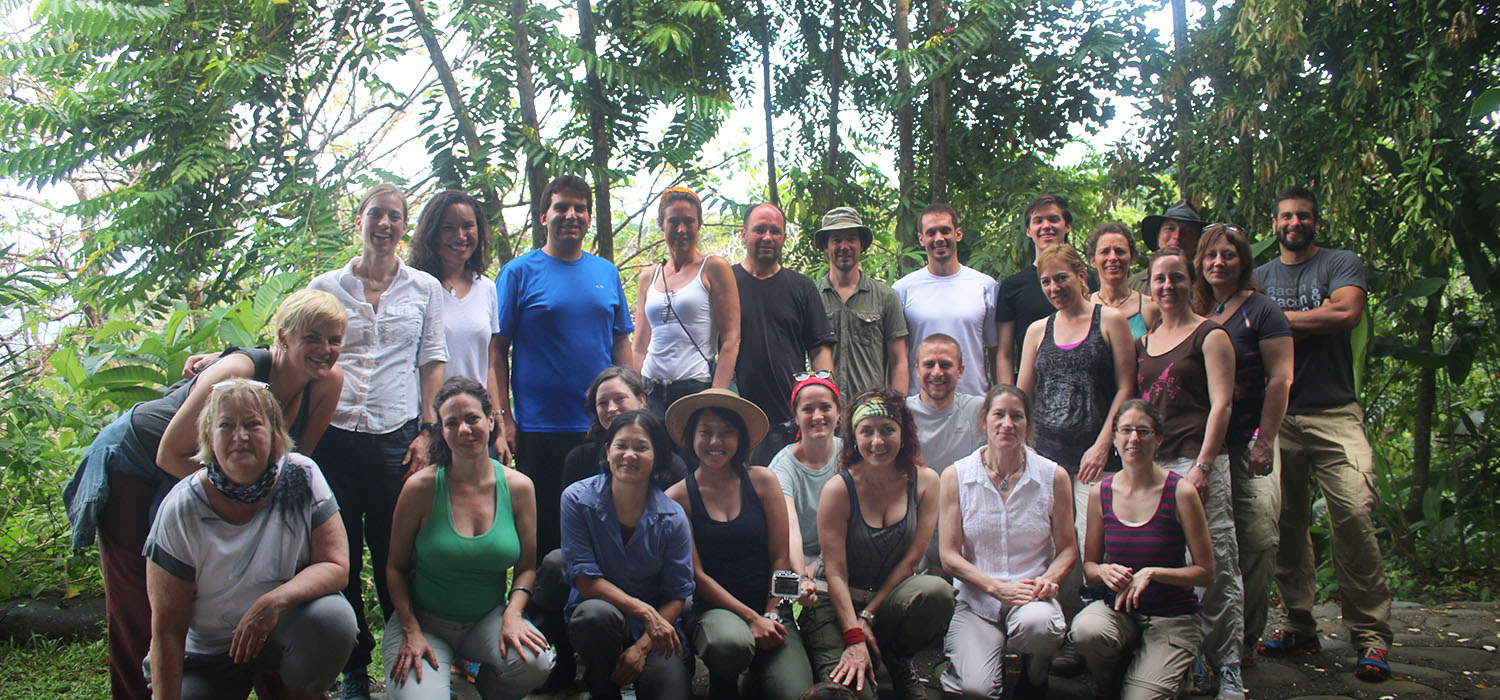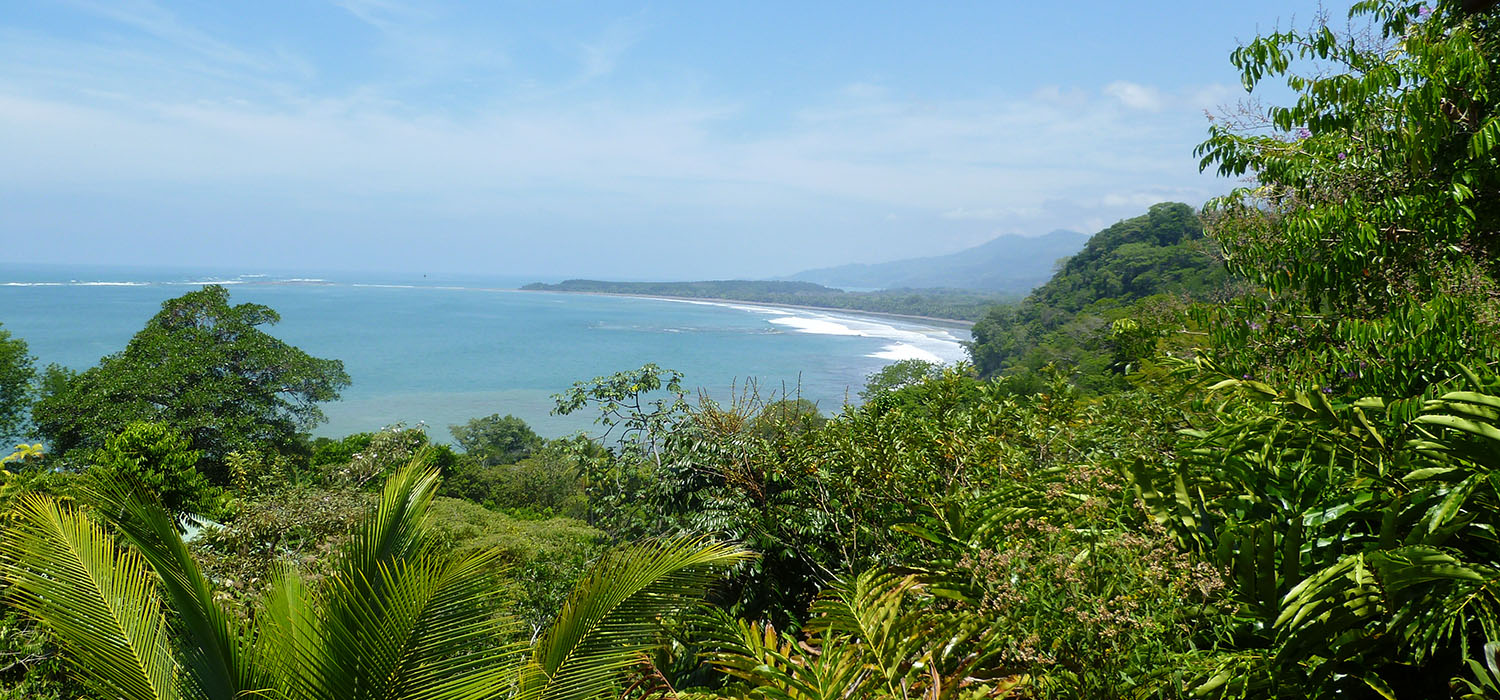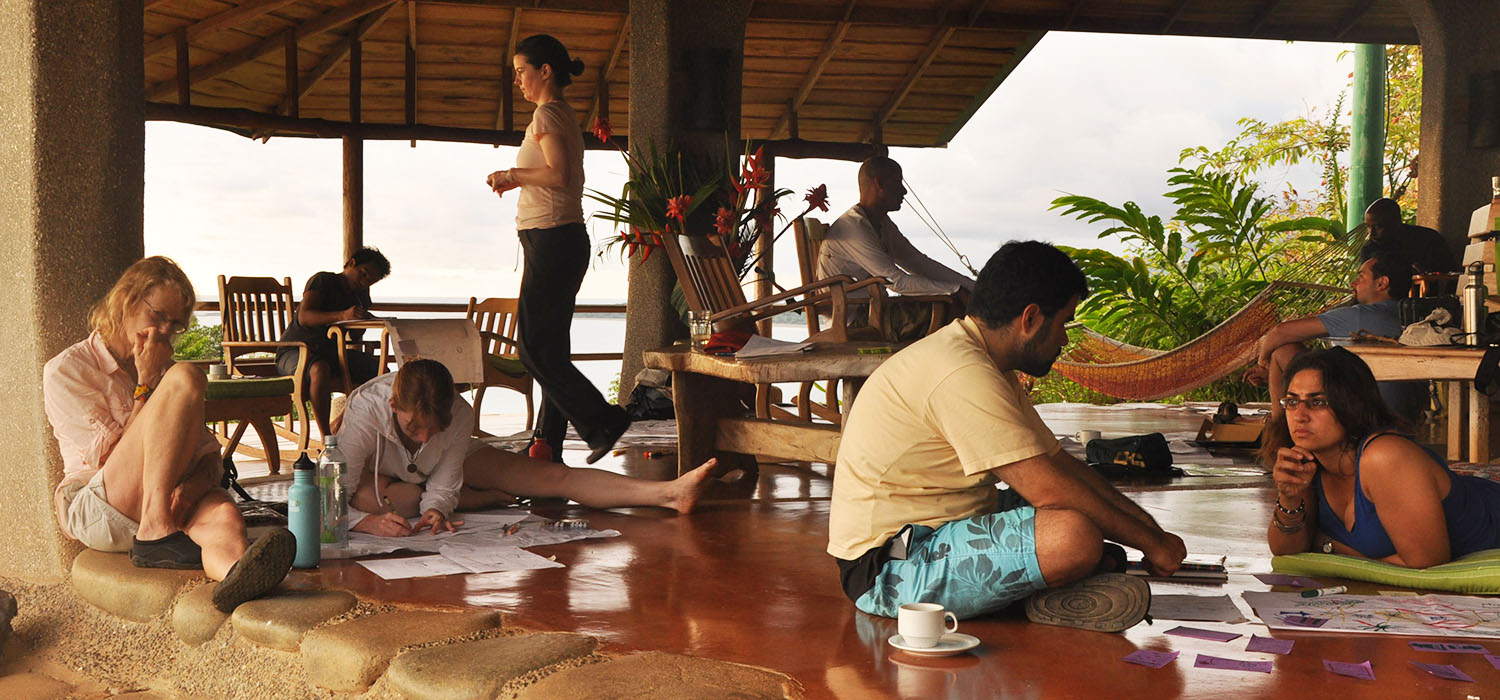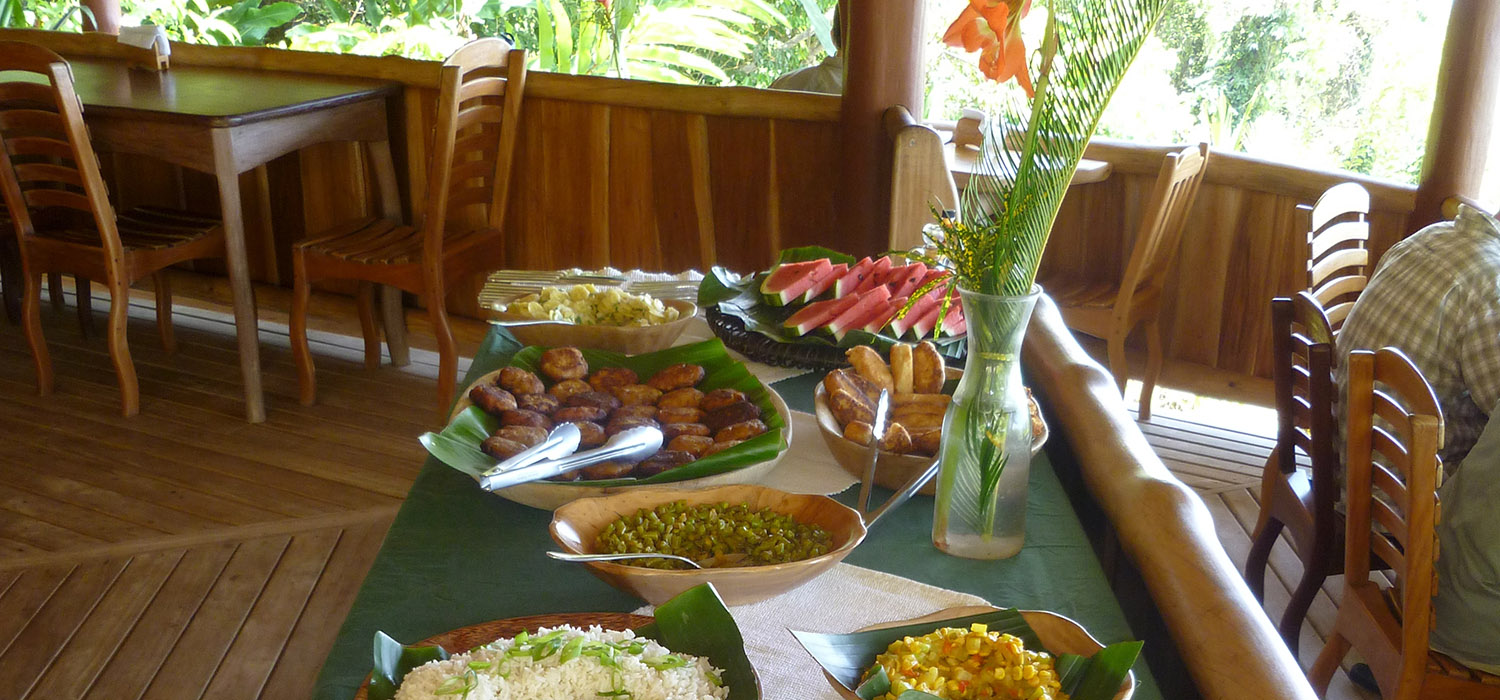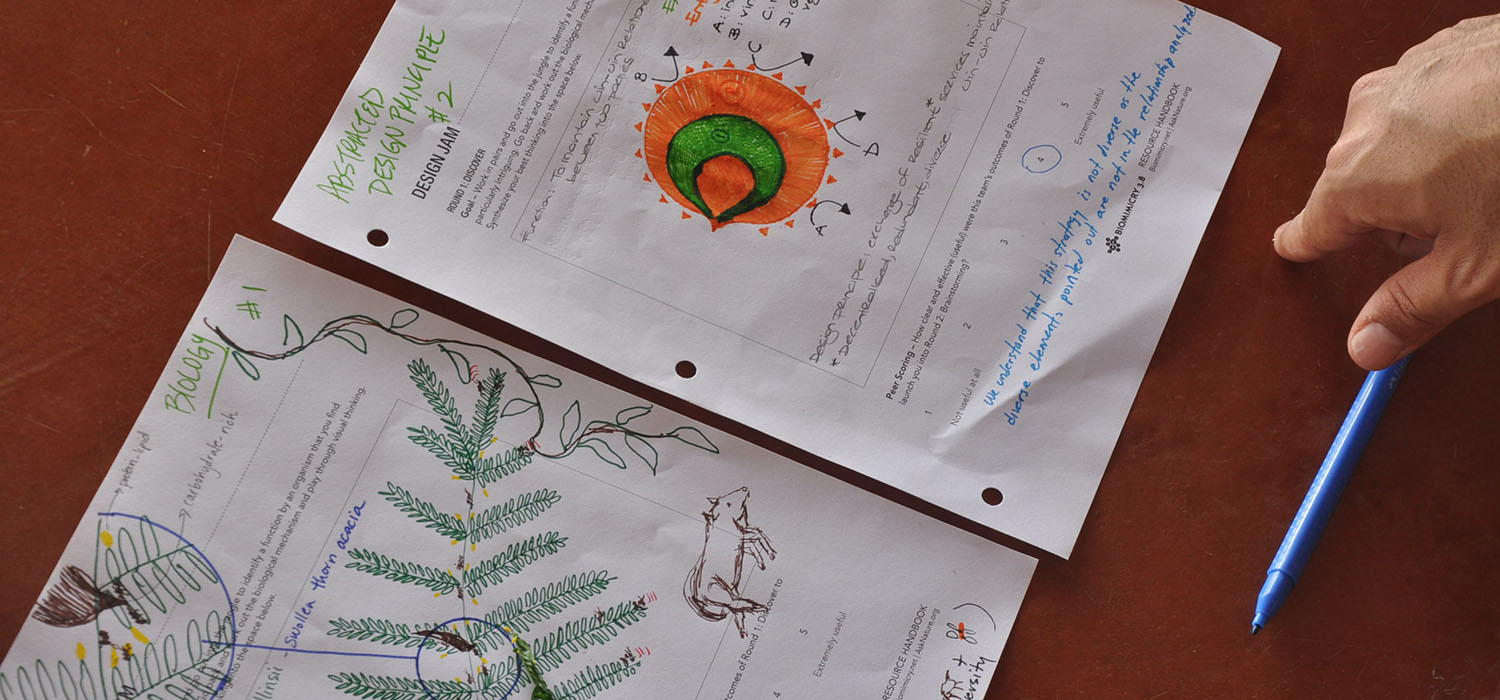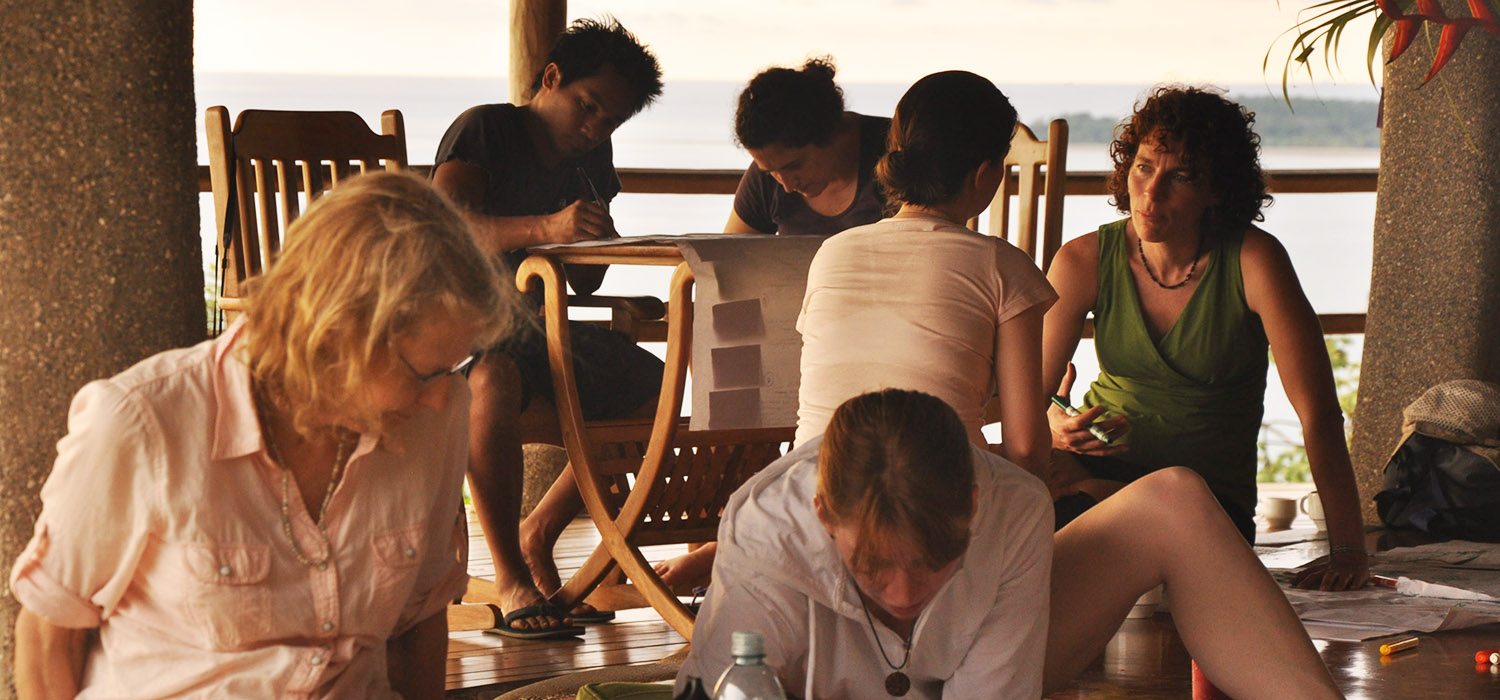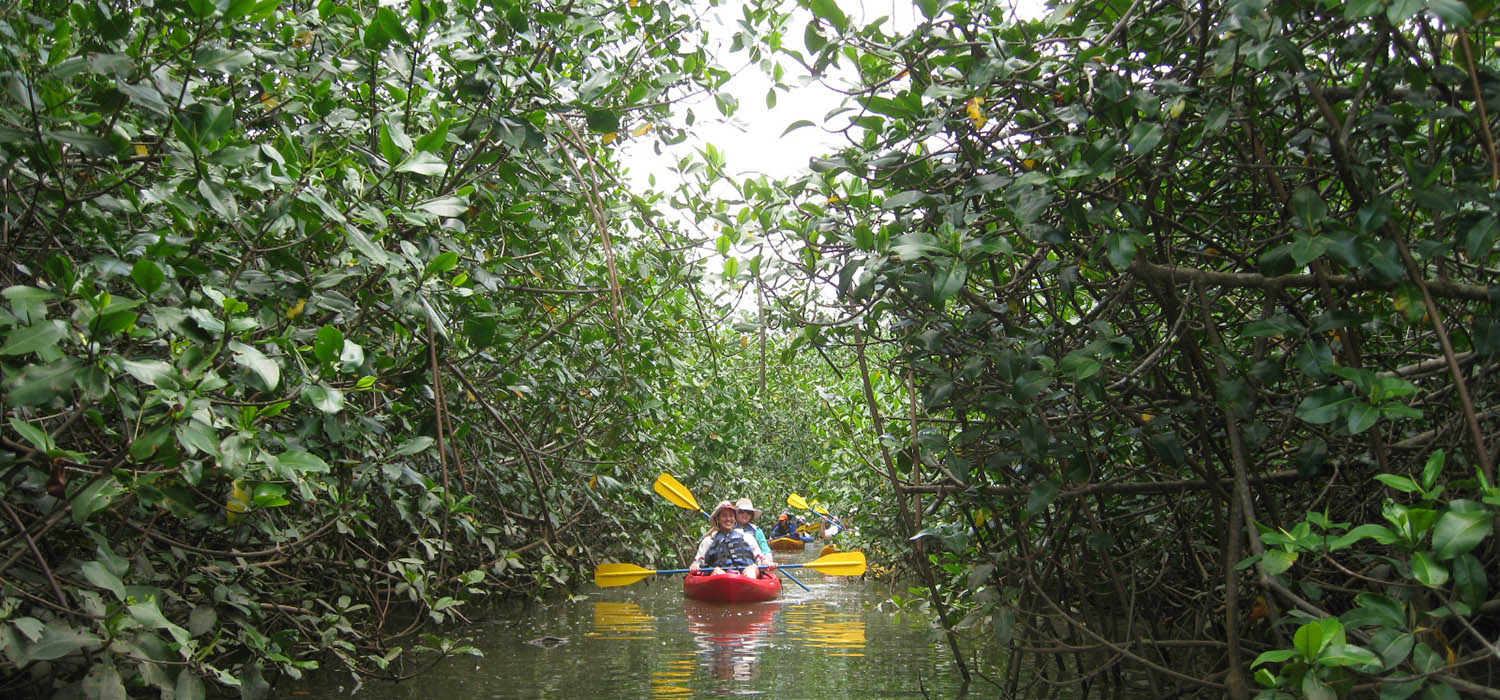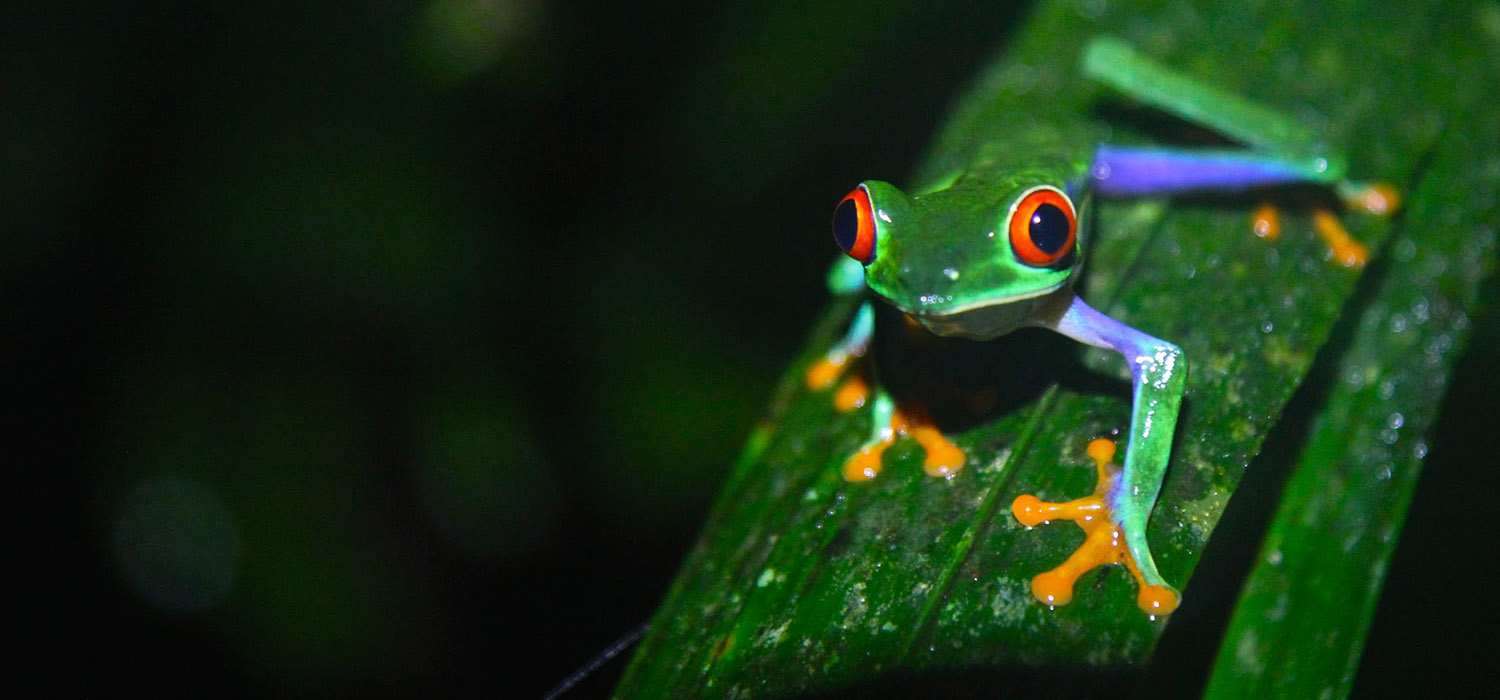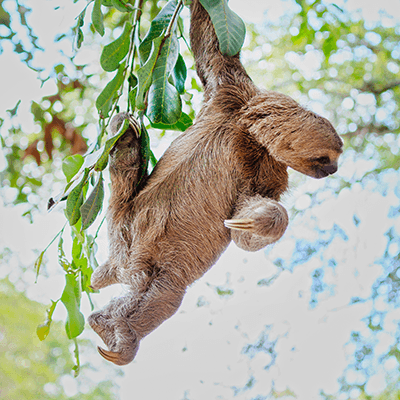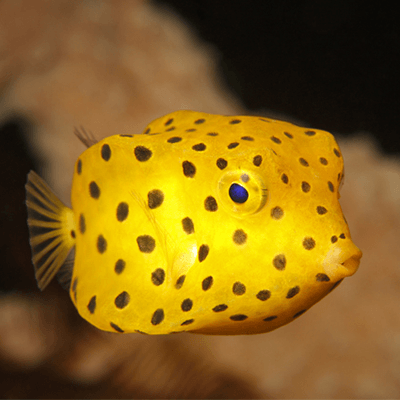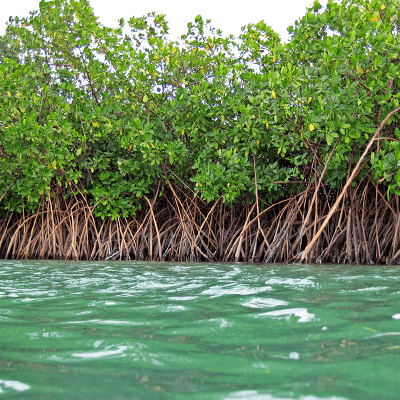What To Expect
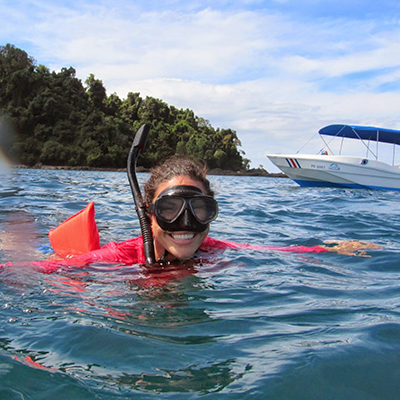
Every immersion workshop is tailored to the local ecosystem, setting up each day to be brimming with content and exploration. You should plan to clear your agenda and fully immerse yourself in the biomimicry experience. In Costa Rica, we’ll explore mangroves by kayak, snorkel among parrotfish in the coral reef, and discover the wonders of the rainforest with a local expert.
Upon completing this immersion workshop, you will be able to:
- Identify sustainable innovation strategies in nature
- Understand functional objectives being achieved by forms, processes, and systems in nature
- Translate biological intelligence into relevant and applicable solutions and strategies
- Recognize and use Life’s Principles—a Biomimicry 3.8 tool that identifies design lessons from nature—that can be modeled to create innovative strategies and be used as a sustainability benchmarks
It makes for a jam-packed five days of full-on, biomimicry-based exploration.
PREVIEW AGENDA×PREVIEW AGENDA
What can you expect to experience while you Discover Nature’s Genius in Costa Rica? Here’s a preview of what each day will include:
December 3: Travel to San Jose, Costa Rica
December 4: Meet the group in the morning, jump on a regional plane, and head to La Cusinga Lodge on the southern coast—enjoy the spectacular view of mountains and sea! Settle in at the lodge and spend the afternoon getting oriented to biological wonders of the tropical rainforest or wander down to the private beach to see what organisms are thriving there.
December 5: Begin honing your observation skills of the Costa Rican flora and fauna and while diving into the world of biomimicry. Explore the intertidal zone and life’s resilience strategies while connecting with Life’s Principles—a Biomimicry 3.8 tool that summarizes the designs lessons from nature for how life on Earth survives and thrives—and the biomimicry methodology.
December 6: Deepen your understanding of Life’s Principles on a mangrove kayaking tour. Regroup back at the lodge and discuss the experience of abstracting Life’s Principles in the field. After dinner, put on your headlamp and head out for an entirely new perspective of the rainforest during a guided night walk.
December 7: After an early morning bird walk, assemble into small discovery teams to go deep into understanding the unique adaptations of a tropical organism of your choice. Spend the afternoon getting inspired while snorkeling over a nearby coral reef. Janine Benyus will join the group for an inspiring conversation you won't want to miss!
December 8: Spend the day with your team on a continued journey of discovery into your selected tropical organism and share with the group what you’ve learned and what ideas it’s inspired. Dedicate some time to giving thanks to the wisdom found in the tropics and then get ready to celebrate the closing of the workshop with the group!
December 9: After breakfast, load up your gear onto the bus and head for the Cerro Cloud Forest for an afternoon of exploring a completely different side of Costa Rica and adaptations at high altitudes—don’t forget your jacket! End the day back in San Jose… or stay in Costa Rica to continue traveling—either way, the next biomimicry adventure awaits!
Instructors
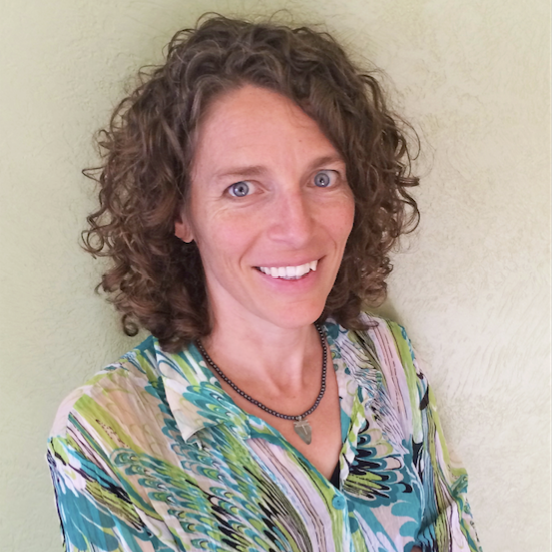
Dr. Dayna Baumeister
Biomimicry 3.8 Co-Founder
Dr. Dayna Baumeister is a world-renowned biomimicry lecturer and consultant, as well as the Director of the Biomimicry Professional Certificate Program and co-director of The Biomimicry Center at Arizona State University. With a background in biology, a devotion to applied natural history, and a passion for sharing the wonders of nature with others, Dayna has worked in the field of biomimicry with business partner Janine Benyus since 1998 as a business catalyst, educator, researcher, and design consultant. As a workshop leader, she will share her 18+ years of experience bringing biological intelligence to a wide range of audiences as well as her visionary leadership for the meme.
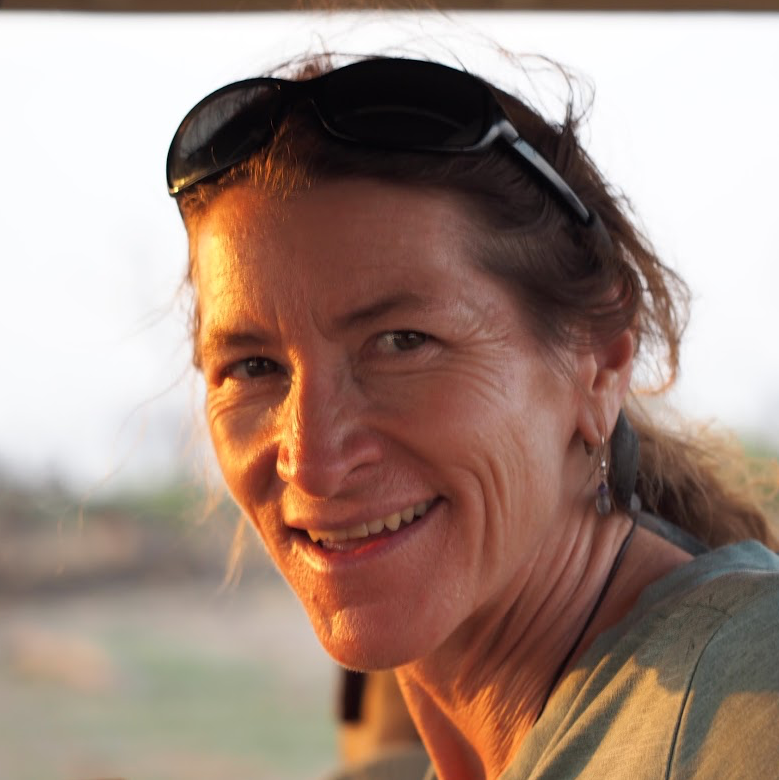
Karen Allen
Certified Biomimicry Professional, Restoration Ecologist
Karen Allen is a Certified Biomimicry Professional, biologist, and facilitator who is passionate about sharing the secrets of the natural world to inform sustainable innovations. She is a seasoned biomimicry educator, researcher, and consultant who has been practicing biomimicry on a variety of projects since 2000. An interdisciplinary science background and love of natural history help Karen translate nature’s strategies for architects, engineers, and designers. She co-instructs the Biomimicry Professional Certification Program, teaches the Biology Taught Functionally course through ASU Online, and protects and restores ecosystems, bringing a systems perspective to the practice of biomimicry.
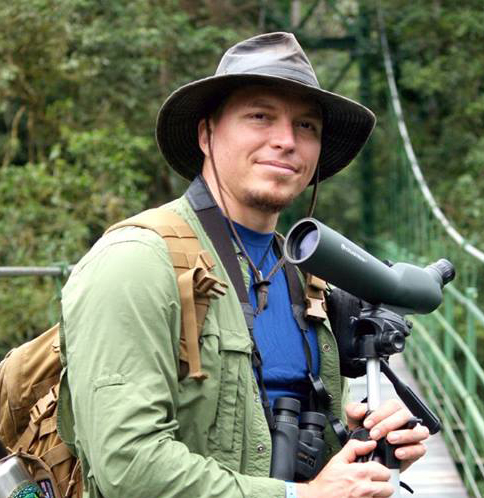
Chris Montero
Naturalist
Chis Montero is a traveling naturalist. His enthusiasm for nature began with a large focus on reptiles, but eventually expanded to other organisms such as insects, birds, mammals, and plants. He began his studies in biology and general ecology in his native Costa Rica. Twelve years ago, Chris moved to Washington state, where he finished his studies at the Evergreen State College. Professionally, he has an “amphibian” career with one foot in art and the other in natural sciences, which has allowed him to work as both a scientific illustrator and an environmental interpreter. He had the privilege of working as a nature guide for the Organization for Tropical Studies in Costa Rica, a field instructor for the Sierra Institute in Belize and Guatemala and, since 2005, a naturalist for the Biomimicry 3.8 programs in Costa Rica. He currently works as a Wildlife & Conservation trip leader for National Geographic Student Expeditions in Australia, Ecuador, Belize, and Brazil, and more recently as the Outreach Coordinator for Wolf Haven International, giving presentations, writing articles, and creating educational material about wolves and carnivores in general.
Special Guest
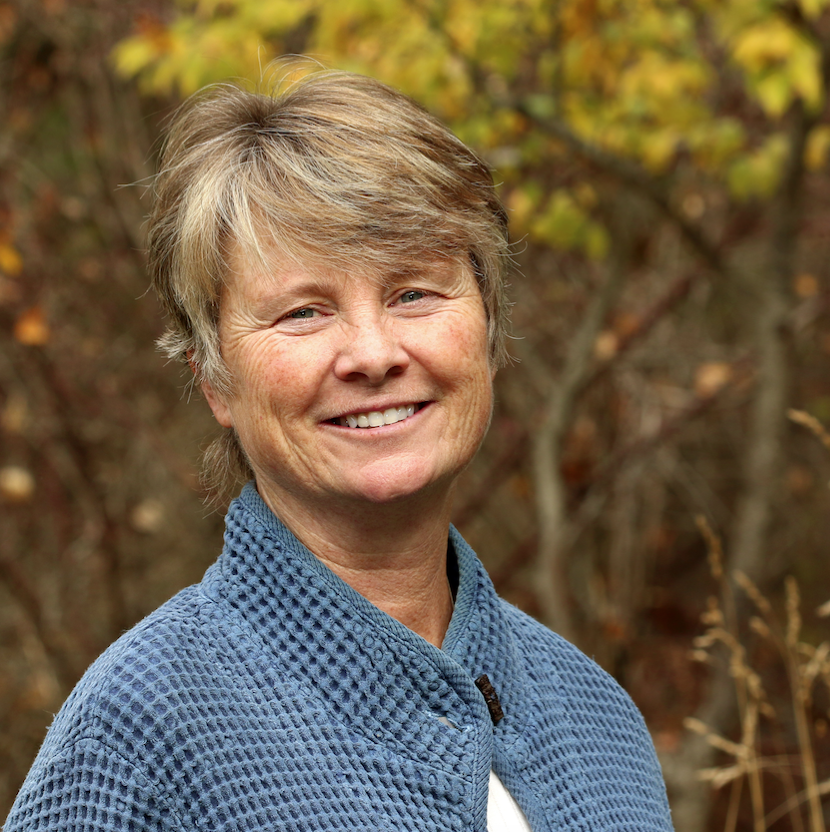
Janine Benyus
Biomimicry 3.8 Co-founder
Janine Benyus is known worldwide for her influence in naming the practice of biomimicry in her seminal book, “Biomimicry: Innovation Inspired by Nature,” and spreading the message of its power as an innovation tool that can solve some of humanity’s most pressing challenges. She has personally introduced millions to biomimicry through two TED talks, hundreds of conference keynote presentations, her work on innovation projects with clients around the globe, and through more than a dozen documentaries.
Along with being co-founder of Biomimicry 3.8 and The Biomimicry Institute, Janine serves on the U.S. Green Building Council Board of Directors, the advisory board for the Ray C. Anderson Foundation, the advisory board for Project Drawdown, and is an affiliate faculty member at The Biomimicry Center at Arizona State University.
Pricing/Discounts
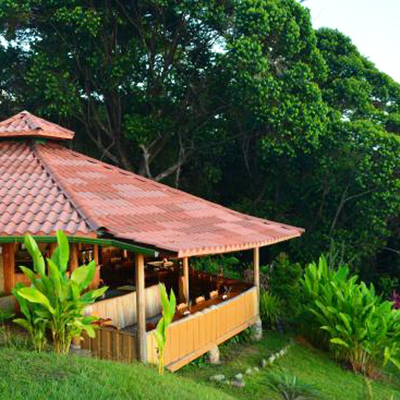
The all-inclusive price for the workshop includes delicious, organic, and when possible, locally harvested breakfasts, lunches, dinners, and snacks; overnight accommodations for five nights; all activities during the week; tuition and course materials; transportation from the San Jose, Costa Rica (SJO) International Airport; and administration costs. A variety of accommodations are available at La Cusinga Eco Lodge to meet your needs and budget, from bunk rooms to private en suite rooms. All rooming types are limited and available on a first come, first served basis. See photos of the rooms on La Cusinga’s website.
All of La Cusinga’s rooms are built from sustainable reforested wood and designed for your comfort. Each room has a stunning view of the Pacific Ocean, the Ballena Marine National Park and the rainforest.
Shared bunk room | $4,250
These large rooms have bunk beds, a private bathroom, and a terrace.
Shared room en suite | $4,375
These shared rooms have two queen beds and a private en suite bathroom with a balcony. You can request a roommate or we will assign you a roommate of the same sex.
Private room ensuite | $4,550
These deluxe rooms provide a comfortable queen or king size bed and your own en suite bathroom and either a balcony or patio.
Registration information/deadlines
All instructions and pricing information is included within the form.
Discounts – Limited Availability!
All discounts have limited availability, are offered on a first-come, first-serve basis, and may not be combined.
- Student discount: Enrolled university students save $250. Must upload copy of current student ID upon registration.
- Biomimicry Global Network member discount: Members of a local Biomimicry Global Network save $250. Must upload brief, written endorsement from local network leader upon registration.
In addition to a life-changing experience, immersion workshop participants also receive access to the Introduction to Biomimicry online course and earn credit toward a Biomimicry Specialist Certificate.
Learn more about immersion workshops here.
REGISTRATION IS CLOSED
